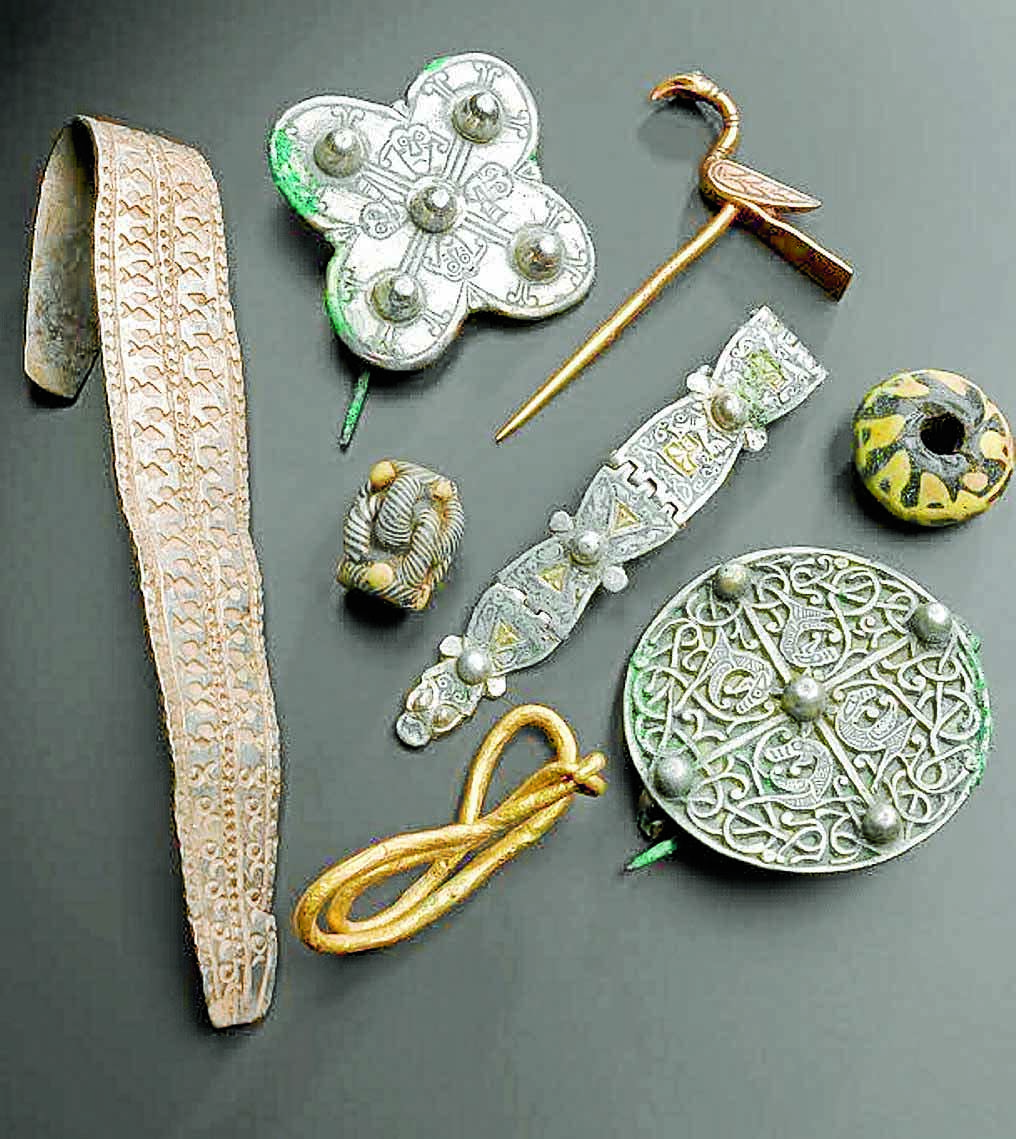THE guest speaker for the third of the Friends of Dumfries and Galloway Archives 2022/3 talks programme, on December 15, was Dumfries and Galloway Council archaeologist Andy Nicholson.
He gave a presentation on the D&G Archaeology Service and the regional Historic Environment Record in Dumfries and Galloway.
As a local authority with a very large geographical area – 6426 square kilometres and 385 kilometres of coastline – the region has a huge number of historic environment records – 32,000 in all, and with 18,000 “find spots”, where a wide range of relics have been discovered, including, recently, a mammoth bone, which may be the oldest yet found in Scotland. Other rare recent findings have been the head of a Roman god – made of lead – at Auldgirth, a Viking Cross found by a farmer near Stranraer, and numerous items during excavations ahead of the 2014 bypass at Dunragit.
Dumfries and Galloway is also rich in historic buildings, with 5500 pre-1919 buildings, ranging from the 18th-century Hastings Hall, near Moniaive, which has an Anglo-Saxon cross in its garden, to defence buildings at Eastriggs, dating from the First World War.
The region has 3500 listed buildings or structures, with once again a wide range – from a 1930s creamery at Killylung to the charming Queensberry Street Mews in central Dumfries, and the 19th-century Goldilea viaduct on the former railway line to Dalbeattie and Castle Douglas.
Altogether there are over 20,000 archaeology sites across the region, and 1800 maritime records, including 112 wrecked ships, recorded so that any debris from them washing up on the Solway Coast can have its origins traced.
Across the area as a whole there are 1150 scheduled monuments, which have a status that exceeds that of listed buildings, including legal protection. Examples of these run from Bronze-age burial chambers and urns, which are around 5000 years old, to Second World War resistance bunkers, like those at Drumlanrig. Human remains can be discovered in burial chambers, depending on the chamber’s construction, and there are also occasions when a ‘treasure trove’ is found, and Andy described discovering a ‘hoard’ at Dunscore, comprising 8400 silver medieval coins.
Records of all the finds and sites are held in the Historical Environment Record, a detailed database. The council website has a section on the archaeology service, including an interactive map and Historic Environment Viewer at www.dumgal.gov.uk/article/15631/Historic-Environment-Viewer
As the council’s sole archaeologist, Andy spends a good deal of time analysing local planning applications, in case new developments require archaeological examination prior to any planning permission being granted or any actual development being allowed to take place – before the excavations or archaeological ‘digs’ that have to take place before development works can begin. Recent examples of these have been in cellars in Friars’ Vennel in Dumfries, and at Annandale Distillery.
Andy finished by describing the range of work provided by the council archaeology service, which covers the assessment of all planning and forestry applications, advice for land management and rural development, archaeological data for companies, work with national, regional and local bodies, like museums and partner local authorities. He regrets that he now does little practical archaeology but his role does include setting up projects for local communities and he visits schools and other groups to give talks and promote archaeology as an area of interest and study.























